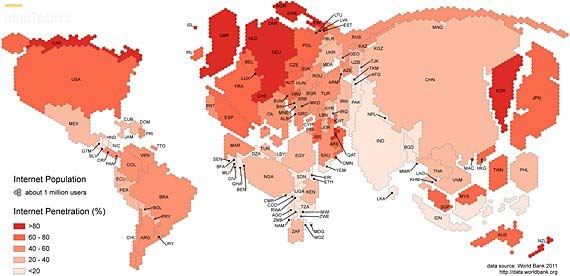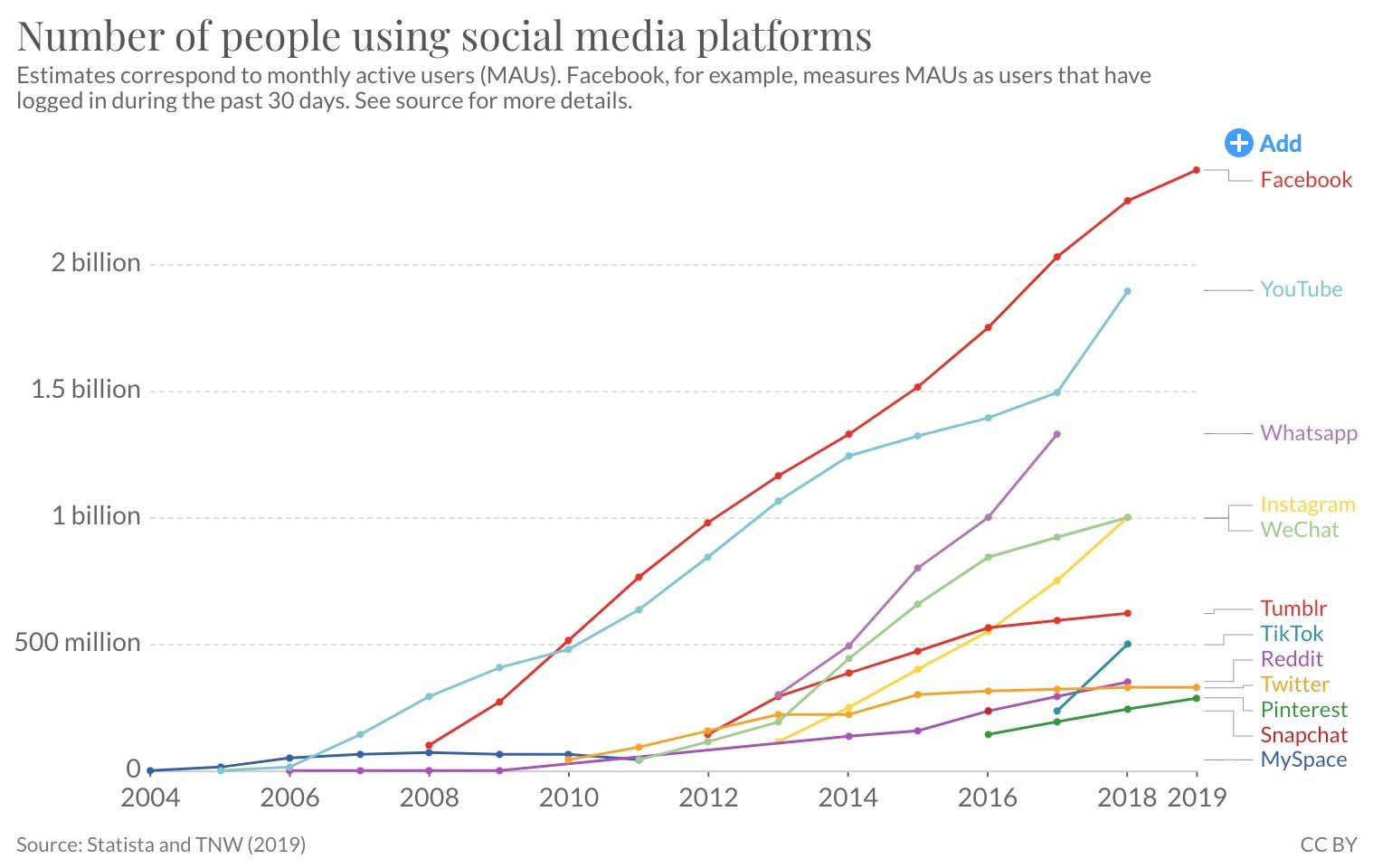Human Progress in science and technology since last 20 years

We are in the midst of a technological, medical, scientific, and social renaissance. Take a look at our machines! Take a look at our smartphones! The internet was a squeaky machine for geeks twenty years ago. We can't fathom our lives without it now. We are on the cusp of medical advances that would have seemed miraculous only a half-century ago: cloned organs, stem-cell therapies to mend our DNA. Even now, in some wealthy countries, life expectancy is increasing by five hours per day. A one day! Immortality, or something close to it, is surely on the horizon.
It seems churlish to reject the idea that our world in the twenty-first century is one of rapid progress. Almost every week, we hear of 'new hopes' for cancer patients, research breakthroughs that could lead to new therapies, discussion of a new era of space tourism, and super-jets that can fly across the world in a matter of hours. However, a moment's reflection shows us that this picture of unrivalled creativity can't be true, and that many of these frenzied reports of advancement are only hype, speculation, and even fiction.
The dotcom bubble burst little over 20 years ago, sending many tech companies' stocks tumbling. Some businesses, such as Amazon, were able to quickly recoup their losses, but many others were left in ruins. Technology has evolved in many ways in the two decades after the accident.
Today, there are far more people online than there were at the turn of the millennium. In terms of broadband access, only half of all Americans had it at home in 2000. That percentage has now risen to above 90%.

This broadband expansion was not limited to the United States. On a worldwide basis, similar increase can be witnessed; in 2000, less than 7% of the world's population was online; today, over half of the world's population has internet connection.
Cellphone usage follows a similar pattern. There were 740 million cell phone subscriptions globally at the start of the 2000s. That figure has already crossed 8 billion, implying that there are now more telephones on the planet than humans.
Technology was getting more personal and portable at the same time. In 2001, Apple released the first iPod, and six years later, the iPhone, ushering in a new era of personal technology. As a result of these advances, technology now pervades practically every aspect of our lives.
Over the last two decades, technology has transformed important industries such as journalism, climate action, and healthcare. Technology Pioneers, which recently marked its 20th anniversary, provides insight into how emerging tech leaders have affected and responded to these shifts.
Media and the consumption of media
How and where we consume media has changed dramatically in the last 20 years. Many tech companies in the early 2000s were still focused on improving professional communication through advanced bandwidth for video streaming and other forms of media consumption that are now commonplace.
Others followed in the footsteps of those who sought to expand their media options outside established venues. As more people went online, early tech pioneers like PlanetOut provided an outlet and alternative media source for LGBTQIA populations.
Following these early new media possibilities, new communities, and alternative media, social media exploded in popularity. In 2004, there were fewer than 1 million Myspace users, and Facebook had yet to be founded. By 2018, Facebook had 2.26 billion members, with other social media platforms gaining hundreds of millions of users.

While these new online communities and communication channels have provided excellent platforms for alternative perspectives, their greater use has also resulted in an increase in misinformation and division.
Many tech start-ups are now focusing on protecting these online media spaces while also limiting the potential for misinformation. TruePic, which focuses on photo recognition, and Two Hat, which is developing AI-powered content moderation for social media, are two recent Tech Pioneers who have taken on this subject.
Healthcare and biotechnology
A biotech boom that began in the mid-1990s also came to a head in the early 2000s. Many companies concentrated their efforts on expanding biotechnologies through improved technological research.
Actelion Pharmaceuticals, a pioneer in the field of technology, was one of these companies. The single layer of cells that separates every blood vessel from the blood stream was studied by Actelion's scientists. Their focus, like that of many other biotech companies at the time, was on precision illness and treatment research.
While many IT companies continue to focus on disease and treatment research, others have shifted their attention to healthcare delivery. In recent years, telehealth has become more popular, with several emerging tech companies extending virtual healthcare solutions. Individuals are receiving healthcare through new technologies like as virtual visits and chatbots, especially during Covid-19.
In addition, several businesses are focusing their healthcare technology on patients rather than doctors. Ada, a symptom checker app, for example, was originally intended for doctors but has since changed its language and presentation to prioritise providing patients with information about their symptoms. Other companies, such as 7 Cups, are focusing on providing mental health help to their consumers directly through their app rather than through existing offices.
Over the last two decades, healthcare technology has become considerably more personal, and it is now used for care delivery rather than merely medical study.
Many businesses were just getting back on their feet after the dotcom bubble burst in the early 2000s. Since then, we've witnessed a significant change in how digital innovators approach new media, climate change, healthcare delivery, and other topics.
Simultaneously, we've seen digital businesses rise to the challenge of addressing challenges that resulted from the first group, such as internet content filtering and the expansion of climate change solutions.
Posted By InnoTechzz